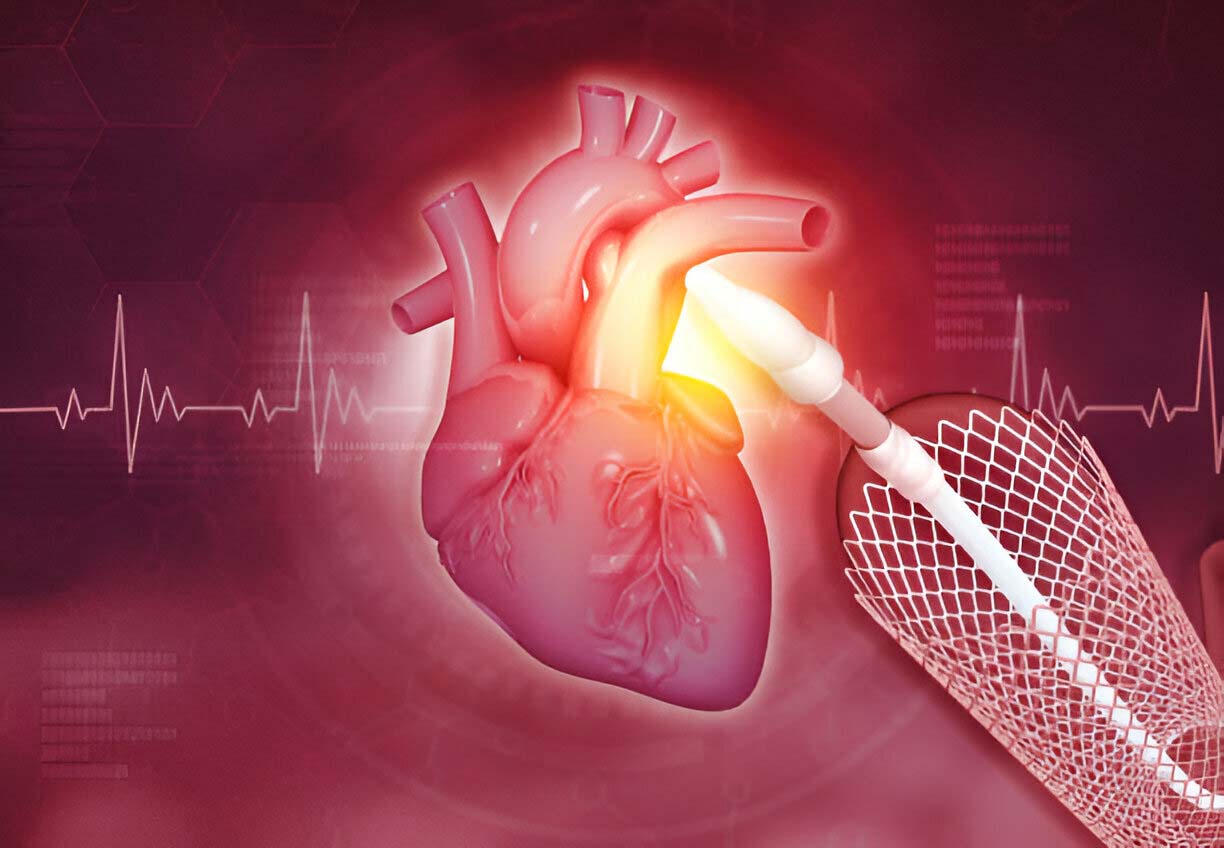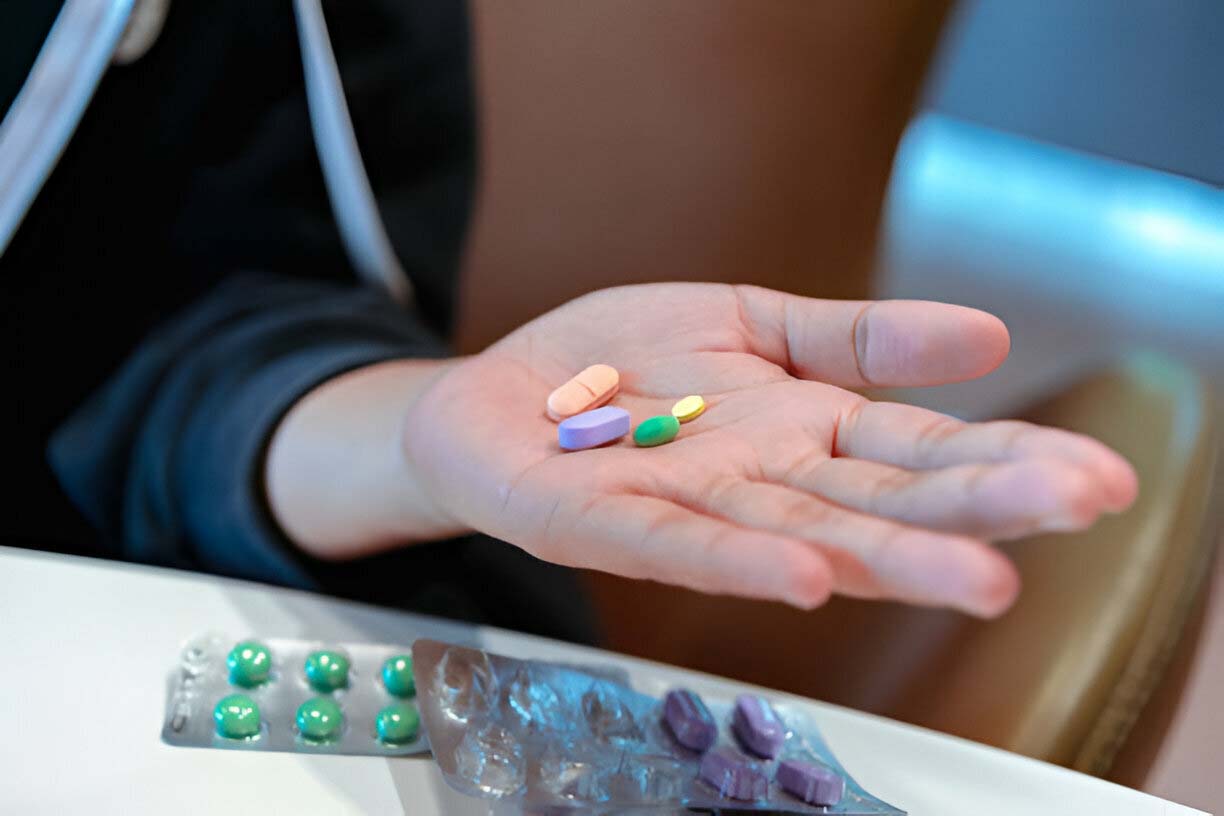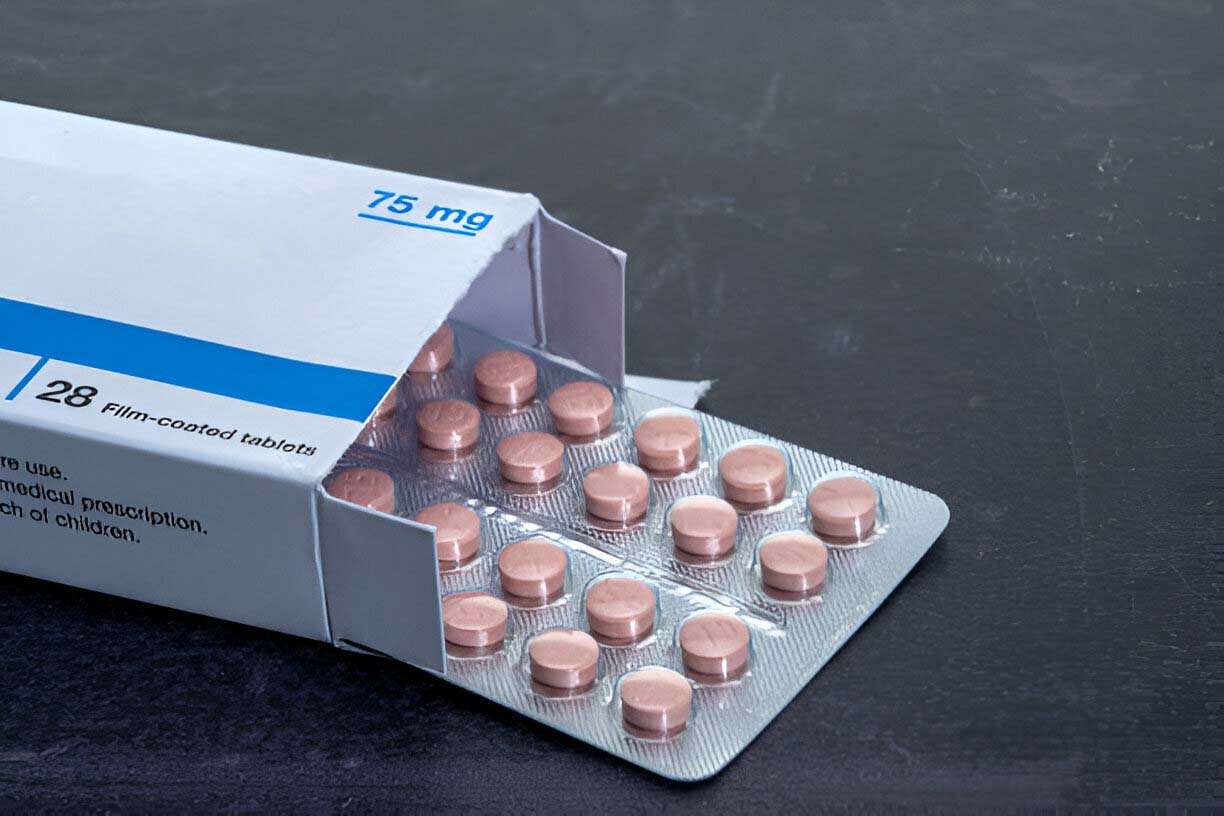For decades, statins have been a cornerstone of managing high cholesterol, a major risk factor for heart disease. They work by inhibiting the liver’s production of cholesterol, effectively lowering “bad” LDL cholesterol and reducing plaque buildup in arteries.
This reduction in plaque formation has been linked to a significant decrease in heart attacks and strokes. However, there can be risks of stopping statins abruptly, so it’s crucial to consult your doctor before making any changes to your medication regimen.

Statins and Their Multifaceted Impact
While lowering LDL cholesterol is their primary function, statins appear to have additional benefits that contribute to overall cardiovascular health. Let’s delve into some of these:
– Anti-inflammatory Effects: Chronic inflammation plays a vital role in the development of heart disease. Statins may possess anti-inflammatory properties, helping to reduce inflammation in blood vessel walls and potentially reducing the risk of plaque buildup.
– Improved Blood Vessel Function: Statins may improve the flexibility and overall health of blood vessels, making them less prone to constriction and blockage. This improved blood flow can benefit various organs, including the heart.
– Blood Clot Prevention: Some studies suggest statins might have a blood-thinning effect, potentially reducing the risk of blood clots that can lead to heart attacks and strokes.
– Stabilising Plaques: Statins might help stabilise existing plaque buildup in arteries, making them less likely to rupture and trigger cardiovascular events.
These additional benefits and cholesterol-lowering properties make statins a powerful tool in managing cardiovascular health.
Understanding the Risks of Stopping Statins Abruptly
While statins offer significant benefits, it’s important to understand the potential consequences of abruptly stopping them. Here’s what you need to know:
– Rebound Effect: One of the major concerns associated with abruptly stopping statins is the “rebound effect.” When you discontinue statin use, your liver ramps up cholesterol production, potentially causing LDL levels to rise even higher than before you started taking statins. This can negate the positive effects of the medication and increase your risk of heart disease.
– Increased Risk of Cardiovascular Events: The rise in LDL cholesterol following abrupt cessation can significantly increase your risk of heart attack and stroke. This risk is particularly high for individuals who already have a history of cardiovascular issues.
– Destabilisation of Plaques: Stopping statins might destabilise existing plaque buildup in arteries, making them more prone to rupture and causing potentially life-threatening events.
It’s crucial to remember that statins are a long-term medication, and the decision to stop them should be made in consultation with your doctor. They can help you weigh the risks and benefits and determine the best course of action based on your specific health profile.

Safe and Effective Statin Use: Essential Considerations
Here are some key points to remember for safe and effective statin use:
– Individualised Treatment Plans: Statin dosage and treatment plans should be tailored to your needs and cholesterol levels. Your doctor will consider factors such as your age, overall health, and risk factors for heart disease.
– Open Communication with Your Doctor: Maintain open communication with your doctor regarding any side effects you experience while taking statins. They can adjust the dosage or explore alternative medications if necessary.
– Lifestyle Modifications: Statins are not a magic bullet. Combining statin use with healthy lifestyle modifications like regular exercise, a balanced diet, and stress management is crucial for optimal cardiovascular health.
– Regular Check-ups: Schedule regular check-ups with your doctor to monitor your cholesterol levels and overall health. This helps ensure your statin treatment plan remains effective over time.
By understanding the multifaceted effects of statins and the potential risks of stopping them abruptly, you can work collaboratively with your doctor to create a safe and effective treatment plan for managing cholesterol and promoting cardiovascular health.
Beyond Statins: A Holistic Approach to Heart Health
Statins are a valuable tool for managing cholesterol and reducing the risk of heart disease, but they are just one piece of the puzzle. Here are some additional strategies you can incorporate into your life for a holistic approach to heart health:
– Maintaining a Healthy Weight: Being overweight or obese increases your risk of heart disease. Aim for a healthy weight through a balanced diet and regular exercise.
– Quit Smoking: Smoking is a major risk factor for heart disease. Quitting smoking is one of the most impactful things you can do for your cardiovascular health.
– Manage Stress: Chronic stress can contribute to heart disease. Practice stress management techniques like meditation, yoga, or talking to a therapist.
– Get Enough Sleep: Lack of sleep can increase your risk of heart disease. Aim for 7-9 hours of quality sleep each night.
By incorporating these lifestyle changes alongside statin use, you can take a proactive approach to managing your cardiovascular health and reducing the risk of heart disease. Remember, always consult your doctor before making any changes to your medication regimen. This way, you can create a personalised plan that works best for you and your heart health.
Conclusion
In conclusion, statins are powerful medications with multifaceted effects on cardiovascular health. By understanding the potential benefits and risks associated with their use and incorporating healthy lifestyle modifications, we can take a holistic approach to promoting heart health and reducing the risk of heart disease.
Remember, always consult with your doctor before making any changes to your medication regimen, and maintain open communication for optimal treatment outcomes. With proper management and care, we can strive towards a healthier heart and better overall wellbeing.








